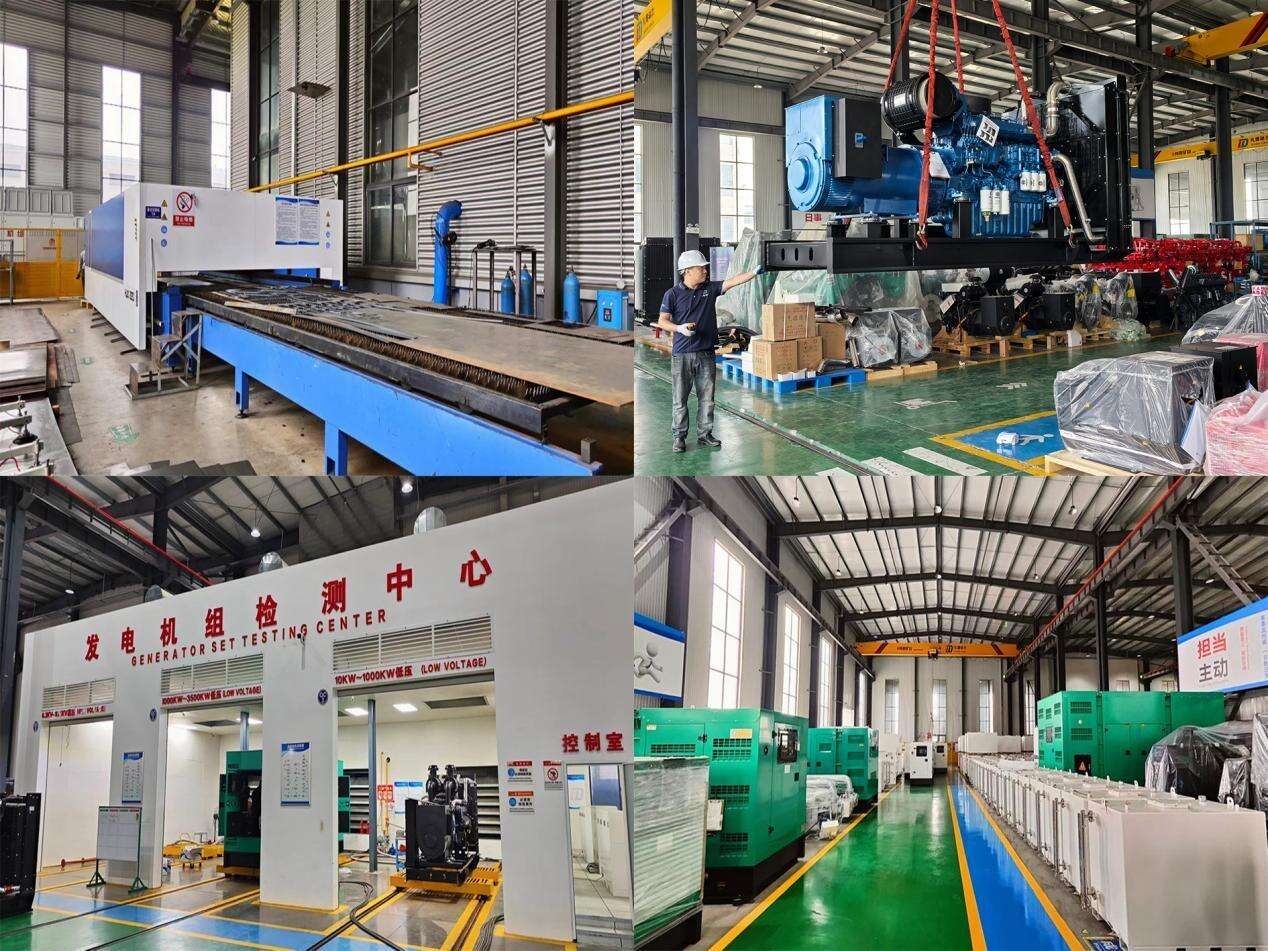How Biogas Generators Change the Game for Carbon Reduction
As we work toward a carbon-zero future, it is critical to find dependable, green, and clean energy solutions. Biogas generators are a feasible option, particularly for the businesses and communities wanting to lower their carbon footprint and cover their energy requirements. Unlike diesel generators that produce large quantities of toxic gas, biogas generators are powered by biogas—renewable fuel that is mostly made from organic waste of agricultural surplus, leftovers from food, and manure from livestock. This clean and renewable energy biogas to help waste management. This creates a circular system that is beneficial to the users and the environment. For people who are concerned about sustainability, the biogas generator is the break fuel generators for the powered on the production of fossil fuel.
Advantages Of Biogas Generators
Evaluating and investing in Biogas generators is a great option for becoming efficient and sustainable. First and foremost, Biogas generators are a very sustainable option. Since biogas is produced from organic matter, using biogas for fuel helps in reducing greenhouse gas emissions. Biogas combustion is significantly less carbon dioxide, nitrogen oxides and combustible particulate matter, which is very beneficial as it helps biogas generators meet regulatory standards for environmental compliance.
Secondly, Biogas generators are cost efficient. The organic waste used for biogas production is easily available and may often be free, especially for farms, food processing centers, and communities that produce a high volume of organic waste. When unprocessed fossil fuel is used, fuel costs are significantly higher.
Lastly, Biogas generators have many uses and are very durable. They are manufactured to be able to perform in almost any situation, whether it be remote, off grid, or in a urban industrial sight. If you need assistance with backup power or consistent power supply, they able perform to varying degrees in all situations.Biogas generators also help in waste reduction. Biogas generators convert some waste into energy and reduce the waste that goes to landfills. Waste in landfills decomposes and releases methane. Methane is a greenhouse gas and a very powerful one. Biogas generators both produce energy and help manage waste. This is why some people consider them the best waste management systems.
How Biogas Generators Fit into a Full Chain of Renewable Energy Solutions
Biogas generators do not operate by themselves. They become a part of a complete chain of renewable energy systems that also includes solar and wind energy, and energy storage. This is important to make a dependable and renewable energy system. For instance, a farm has solar panels that generate electricity during the day, wind turbines that capture energy when it is windy, and a biogas generator that offers electricity when the solar and wind systems are not providing power (night time or when it is calm).
Energy storage can be integrated with biogas generators to capture surplus energy produced during peak hours, leading to biogas energy being readily available when demand spikes. Combining different sources of renewables with a biogas generator provides a reliable energy system that minimizes reliance on non-renewable sources while enhancing energy autonomy. For businesses that are working towards carbon neutrality, the full-chain system with biogas generators simplifies the process as they can count on consistent, renewable energy throughout the day, irrespective of the weather.
Versatile Applications of Biogas Generators
Biogas generators can be used in various contexts to adapt to different user requirements. One of the most common uses of biogas generators is on farms. Farmers can transform some of their organic waste into biogas to power their irrigation systems and machinery which boosts operational efficiency as they produce energy on site. Not only does this reduce fuel costs, it also lowers the carbon footprint of the farm which makes it more sustainable.
Another important use is in the industry. Biogas generators provide on-site power for factories, especially in the food processing and manufacturing industry, which has a lot of organic waste. This reduces the reliance on the power grid which is very unstable and may consist non-renewable resources. Biogas generators can also provide low-emission backup power during outages for critical facilities such as data centers, hospitals, and telecom towers.
Biogas generators can also power remote, off-grid, and isolated communities and provide a reliable source of electricity for homes, schools, and small businesses which enhances living standards and improves environmental stewardship.
The Importance of Selecting the Proper Biogas Generator Partner
The importance of the partner in biogas generator investment is as important as the generator. A partner who understands the scope of the renewable energy solutions can provide more than a simple generator. They can provide the environmental and economic support. For instance, they can design a system that meets the load of waste a user generates, the amount of electricity needed, and their budget, and power requirements.
Finding a suitable partner with a history of R&D and quality testing is important. This guarantees that the biogas generator is durable, high-performing, and is compliant with safety and eco-friendly requirements. Reliable partners provide solid after-sales support such as lifetime maintenance and remote monitoring, that helps with smooth operational maintenance of the generator for extended periods.
In addition, a partner who specializes in full-chain renewable energy can aid in the biogas generator plus other systems like solar and wind power integration. This helps in creating a holistic solution for enhanced sustainability. With a suitable partner, end-users can be assured that the biogas generator will be effective in cutting down the carbon footprint while also providing reliable and economical power for a long time.


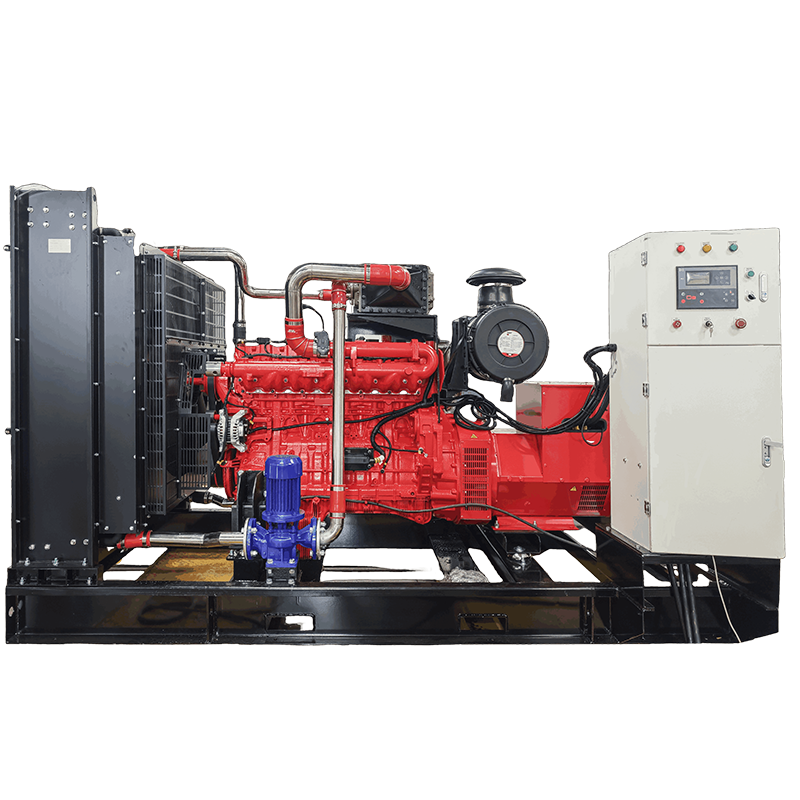
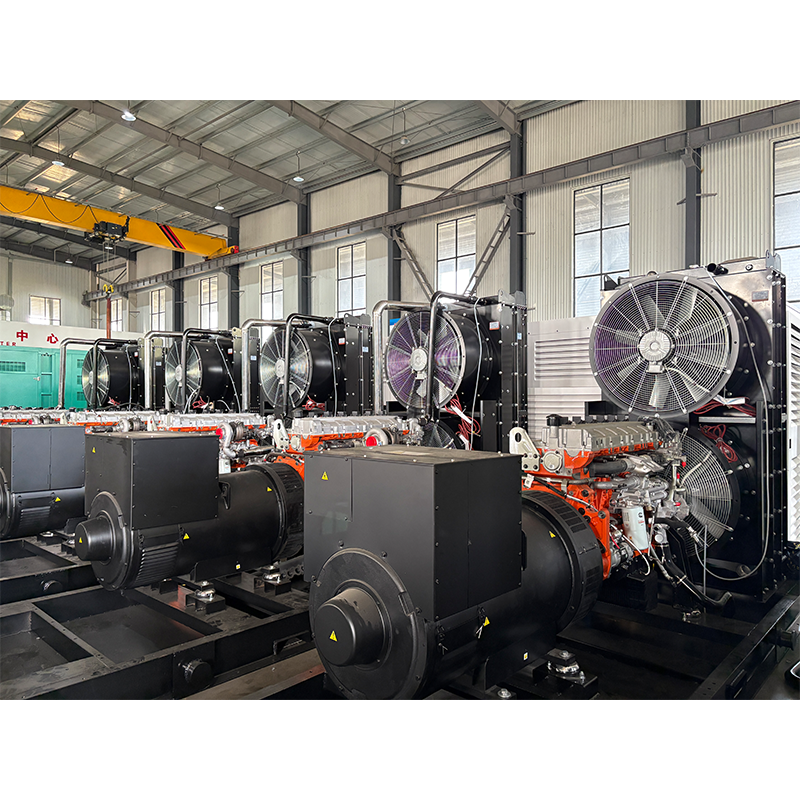
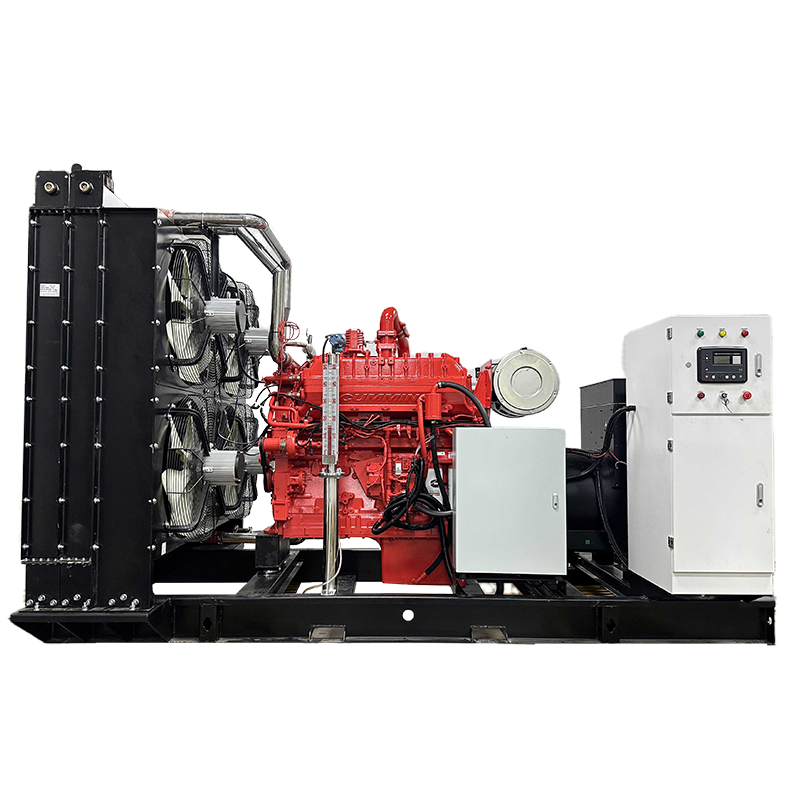
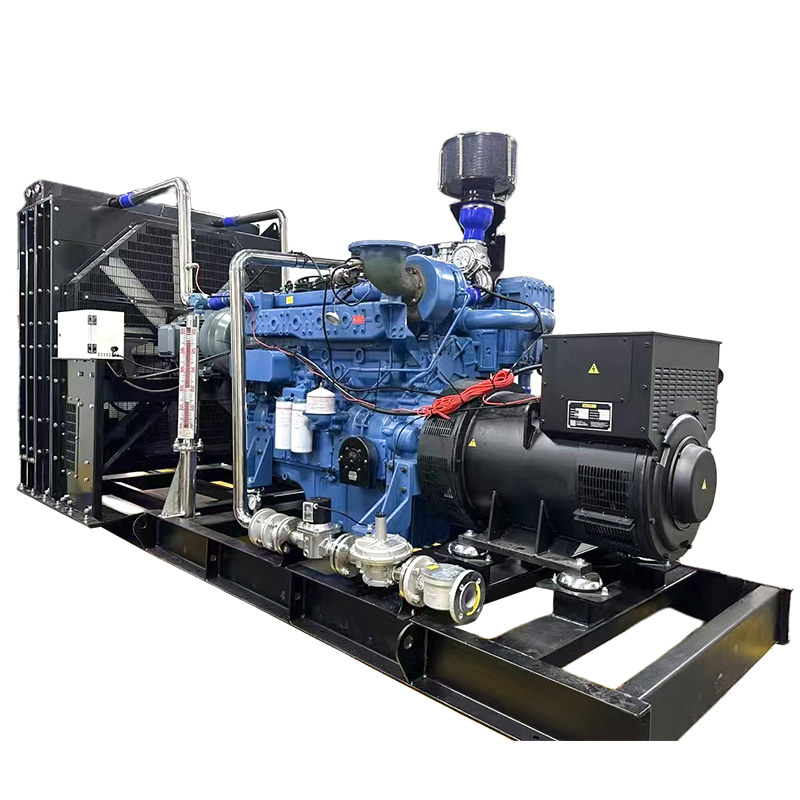
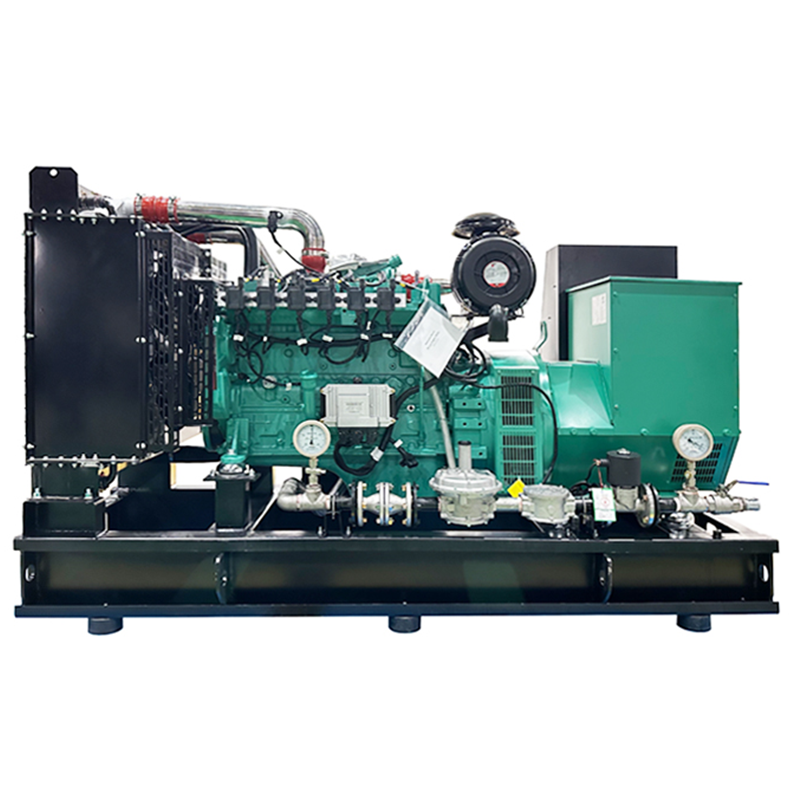
 Hot News
Hot News